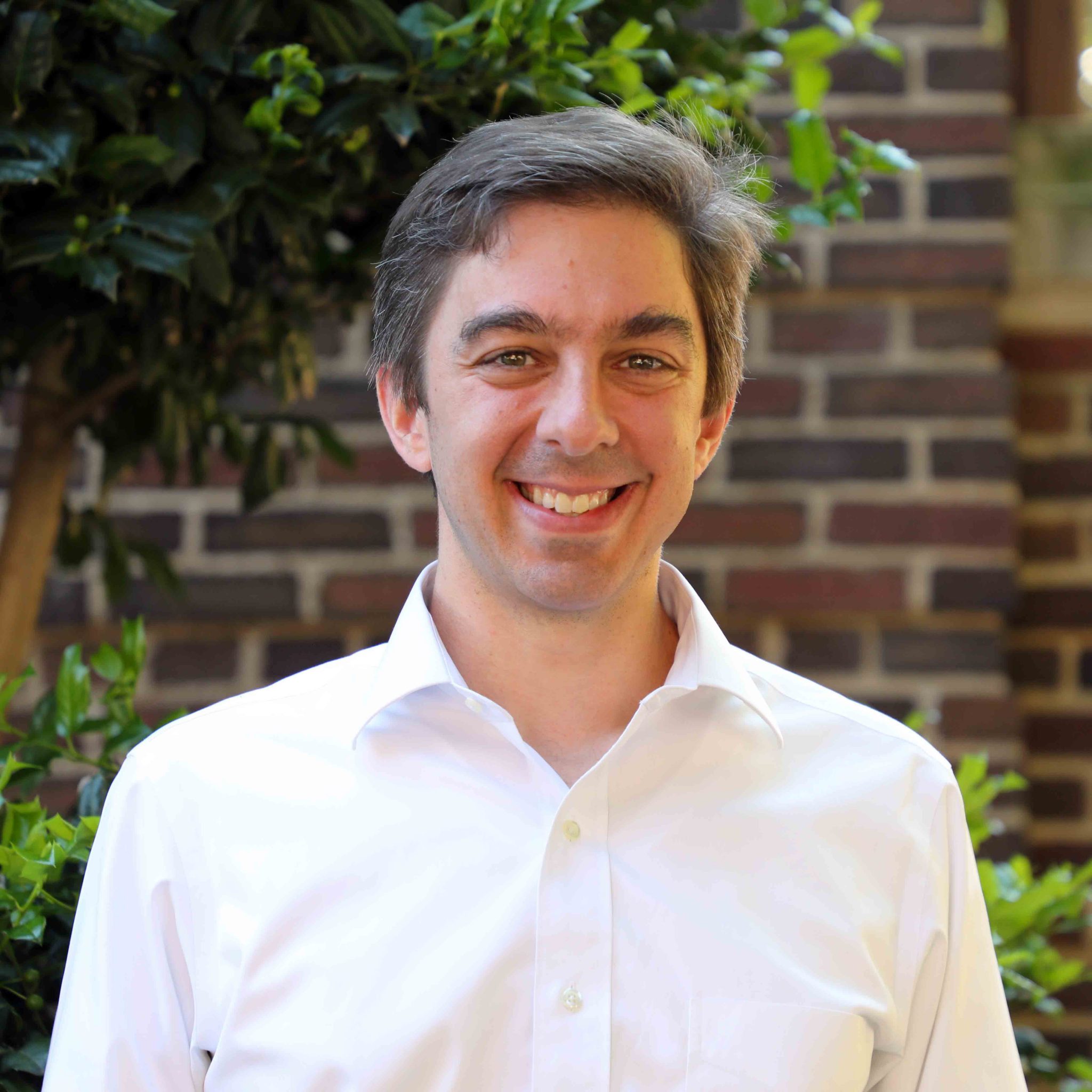The professional services offered by the US and UK remain an Achilles’ heel in the fight against illicit finance. This discussion will consider how London and Washington can make a step-change in combatting these facilitators.
Criminals, malign actors and kleptocrats easily find homes in the UK and US for their ill-gotten gains thanks to professional facilitators. It is not just banking services on offer, but also the plethora of associated ‘enabling’ services, including lawyers and accountants, real estate executives and company formation agents. Additionally, enablers such as PR agents and defamation lawyers offer the tools required by those seeking to launder their reputations and create a pretence of legitimacy in these global capitals.
While much focus has been placed on those that move and invest the proceeds of illicit finance, the facilitators needed to arrange these transactions – often referred to as enablers or gatekeepers to the financial system – remain the subjects of far less scrutiny, notwithstanding the threat they present. Fixing these vulnerabilities must be a high priority for policymakers in London and Washington.
As part of its initiative to energise the Transatlantic Response to Illicit Finance (TARIF), RUSI’s Centre for Financial Crime and Security Studies is holding a discussion to shed light on the role of professional enablers in the illicit finance cycle and explore what can be done at home and abroad to curb this threat.
To consider this challenge, RUSI welcomed:
- Dr Katie Benson, Lecturer in Criminology, University of Manchester
- Josh Rudolph, Fellow for Malign Finance, the Alliance for Securing Democracy, The German Marshall Fund of the United States
- Moyara Ruehsen, Professor of Financial Crime Intelligence, Middlebury Institute of International Studies
- Franz Wild, The Bureau of Investigative Journalism
This event was chaired by Tom Keatinge, Director of RUSI’s Centre for Financial Crime and Security Studies.

